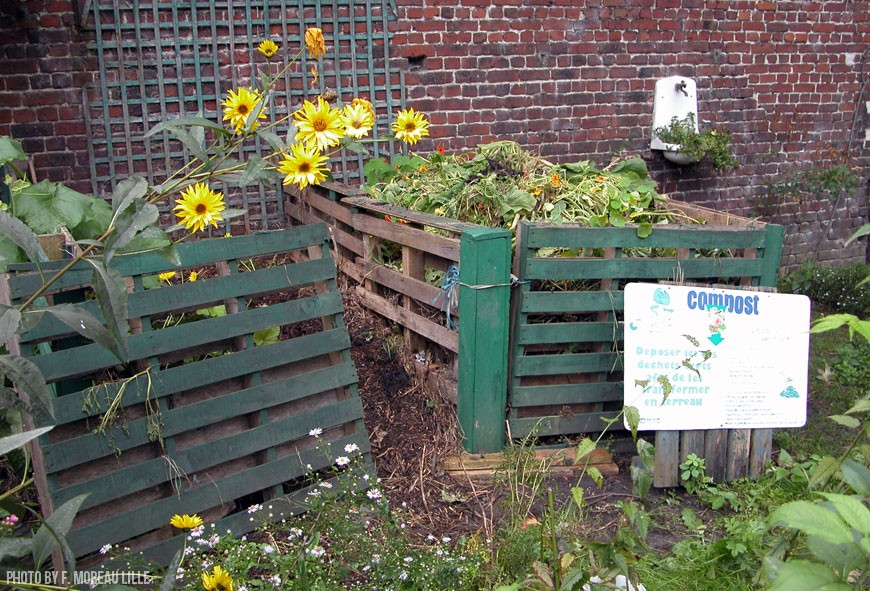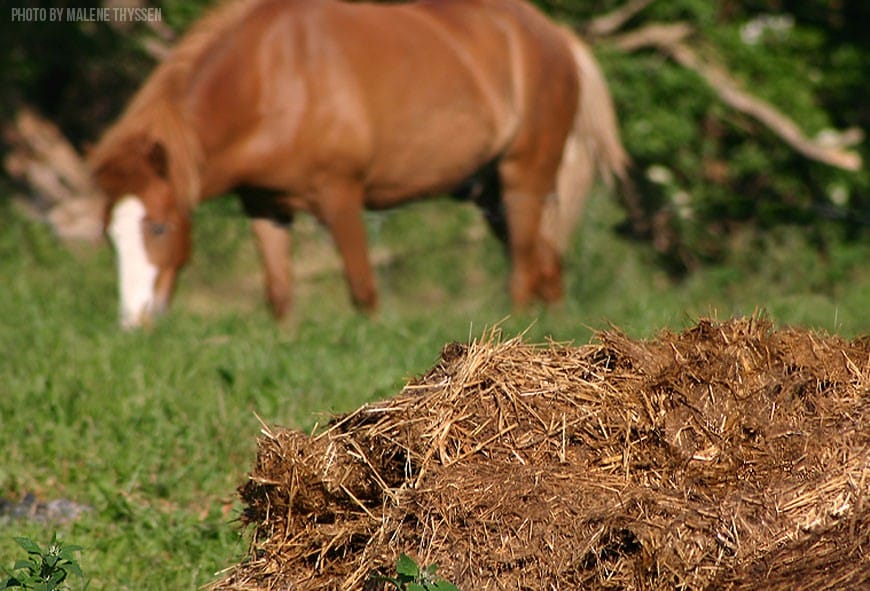Using good organic fertilizers is the secret behind any great garden. Fertilizers help plants to grow, giving them the vitamins or nutrients they might otherwise be lacking in the soil. For the truly best results, you should look at the wide range of organic fertilizers available, as these offer all the advantages in a natural, holistic process that plants love.
Mulch
Mulch covers a wide variety of fertilizers, but generally refers to elements placed above the soil. This helps keep moisture and heat within the soil, making mulch the perfect addition to any garden in the colder, winter months. Indeed, many plants that grow during the winter, such as Mezeron, Cyclamen flowers or various winter vegetables, will all require a little helping hand in the harsher climate. Organic mulch comes in many forms, from shredded bark, grass clippings and dead or decaying leaves. Much of this can be gathered from your own garden, or readily available at your nearest garden center. The quality of mulch will depend on what you use, but it all helps deliver vital ingredients, such as nitrogen, phosphorus and potassium – the NPK normally seen on the side of commercial fertilizers.
Compost
Compost is one of the most common oraganic fertilizers available and, furthermore, it’s easy to make yourself! While other fertilizers aim to provide supplements and support to the plants, compost helps support the soil around it. With a little compost, you can improve the retention of air, water and other nutrients in the ground itself, giving your plants an extra boost of strength. The best part of organic compost, of course, is that it is very easy to make yourself. Just install a simple compost bin or heap and add your organic waste to it. With a little time – and perhaps a few earthworms for high quality results – you’ll have fantastic, free organic compost perfect for your garden!
Organic Meals
In gardening terms, meals refer to ground up animal remains, usually the bone. For animals, this is called bone meal or blood meal, depending on what is being used although fish emulsion is also very similar. The benefits of each will vary, making them ideal for specific plants or needs. Feather meal (made from poultry) for instance, has high nitrogen levels, making it great for garden vegetables such as cabbage, asparagus and potatoes. Bone meal, on the other hand has plenty of phosphorus, which all leafy plants love, as it’s needed for photosynthesis!
Manure
While you might not have a readily available supply at home, manure is readily available and offers numerous benefits for the garden. The most important aspect of manure is that you can often add it into the soil itself, similar to compost, or leave it on top to work as a mulch. As an animal waste product, manure contains nutrients and micro-organisms that seep into the soil and improve the quality. However, make sure you don’t use fresh manure, as this can damage the plants themselves. Using matured, older manure removes this aspect and leaves you with a healthy garden all your plants will love.
Rock and Mineral Phosphates
As the name suggests, ground up rocks are a great source of phosphorous. However, rocks and mineral resources can also offer additional support not found in other fertilizers, such as calcium. Calcium is often over looked in gardening, but there are a variety of plants that need a steady supply. This vital mineral helps support cell walls, enzymes and other internal aspects of a plant, especially during growth. This is why vegetable and fruit growers always ensure calcium is available, as large crop production will certainly need a helping hand!
You can Combine Organic Fertilizers
As you can see, there are many fantastic organic fertilizers available that will transform your soil into something perfect for growing plants! In many cases, you’re often best using a combination of available fertilizers, to ensure you get the right nutrients, chemicals and supplements plants need to thrive. These simple additions make difference when it comes to getting the most from your crops and seeds.


